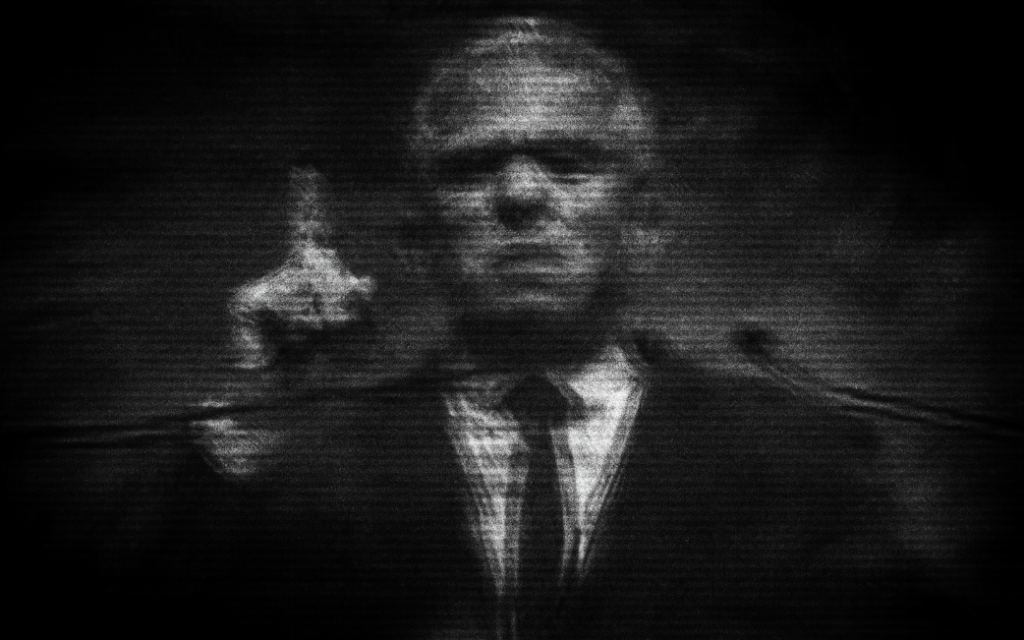
Chaos at CDC: RFK Jr.’s Vaccine Panel Admits It Has No Data
At a chaotic meeting this week, the CDC’s Advisory Committee on Immunization Practices (ACIP), now led by members handpicked by Robert F. Kennedy, Jr., struggled through votes on critical childhood vaccines and ultimately punted on a major change after acknowledging they lacked data.
On day one, the panel voted to revoke its recommendation for the combined measles, mumps, rubella, and varicella (MMRV) vaccine in children under age 4. Oddly, they simultaneously voted to continue federal Vaccines for Children (VFC) coverage for low-income families, creating a contradictory policy that suggested safety concerns somehow didn’t apply to poorer kids. The next day, they reversed course, stripping MMRV coverage entirely for young children.
The committee then turned to a proposal to delay the hepatitis B birth dose until one month of age, despite no evidence supporting the change. Experts from the CDC reminded the group that hepatitis B is highly infectious, newborns are at greatest risk of developing chronic, deadly illness, and universal birth vaccination has cut cases by more than 80 percent since the 1990s. Crucially, up to 16 percent of mothers are not tested for hepatitis B during pregnancy, and babies can contract the virus from household members, even when mothers test negative.
As members debated confusing language and admitted no data existed to justify the change, momentum collapsed. In a swift 11–1 vote, the panel tabled the proposal indefinitely.
The episode underscores the dangers of politicizing vaccine policy: when decisions are based on distrust rather than science, public health protections and children are left at risk.



